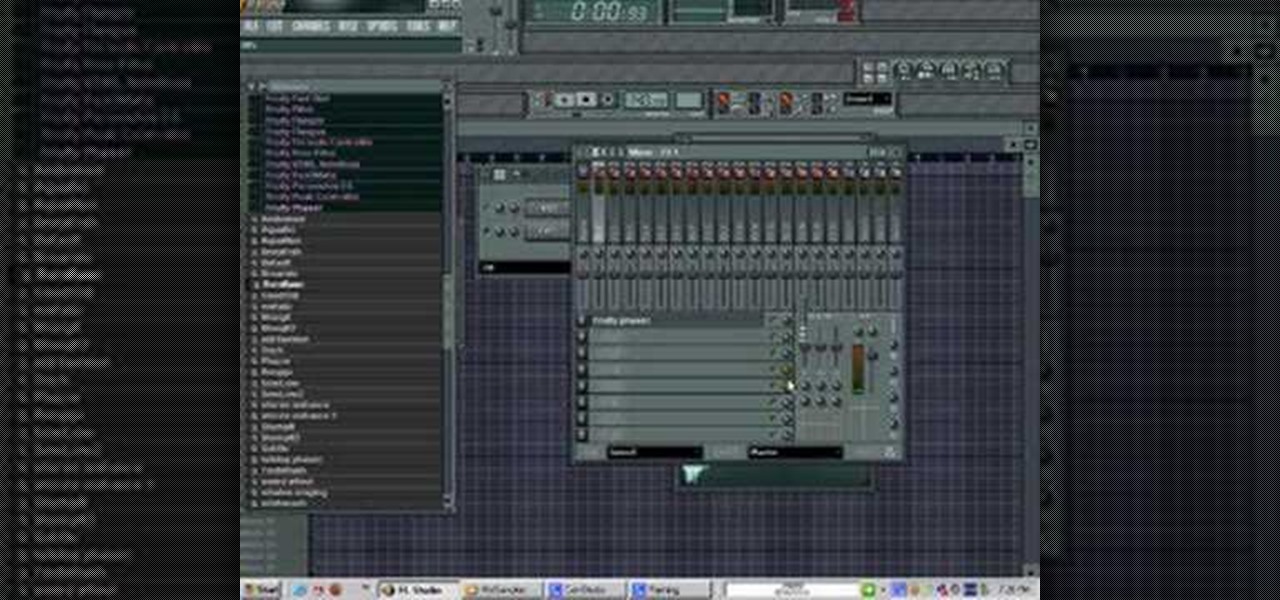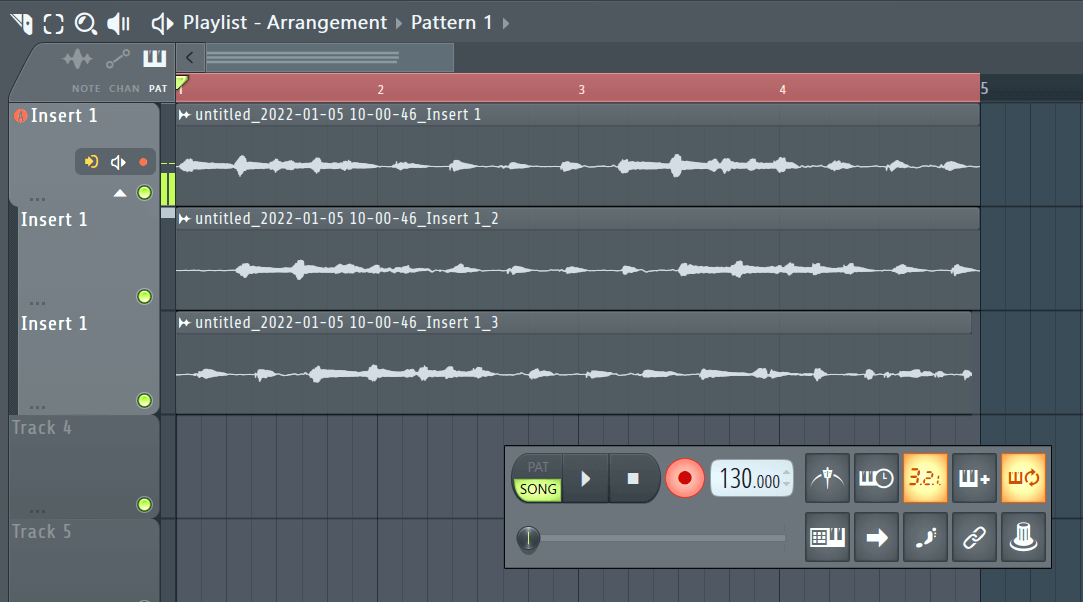
If not, it’s up to you to help create the best vocal part out of the available takes, which is a process called comping. If you’re responsible only for mixing, this will likely be taken care of by the artist before they send you the session. The first step to mixing vocals isn’t mixing at all - it’s editing. Make sure you’re not missing out on anything in your vocal mixing process, from editing to adding EQ and compression. Then I move the new marker #4 over to the next grid-line.Follow these 12 steps to transform raw vocal tracks into a performance that is finished with polish and sheen.

Marker #2 is also really nice, and I leave it where it is.

Now marker #1 has moved over to the next slice, I like where this is and think it’s perfect, so I leave it.I’m not a fan of the chop at marker #1, and after moving it around the section a little I find that it doesn’t appeal to me, so I delete marker #1.You’ll notice now that all the markers have renamed, so marker #1 is now in a different place. I right click on the two markers and delete them. While this kind of sound can work absolutely fine, it’s not what I’m after. Marker #1 & #2 I don’t want because they’re just breath samples.

Note that this takes a lot of trial and error and it’s completely done by ear. I’m going to delete the parts I don’t like and move some markers around until I have some nice vocal chops. Straight away we’ve got some vocal chops created that can be played with our keyboard or organized in the piano roll.


 0 kommentar(er)
0 kommentar(er)
